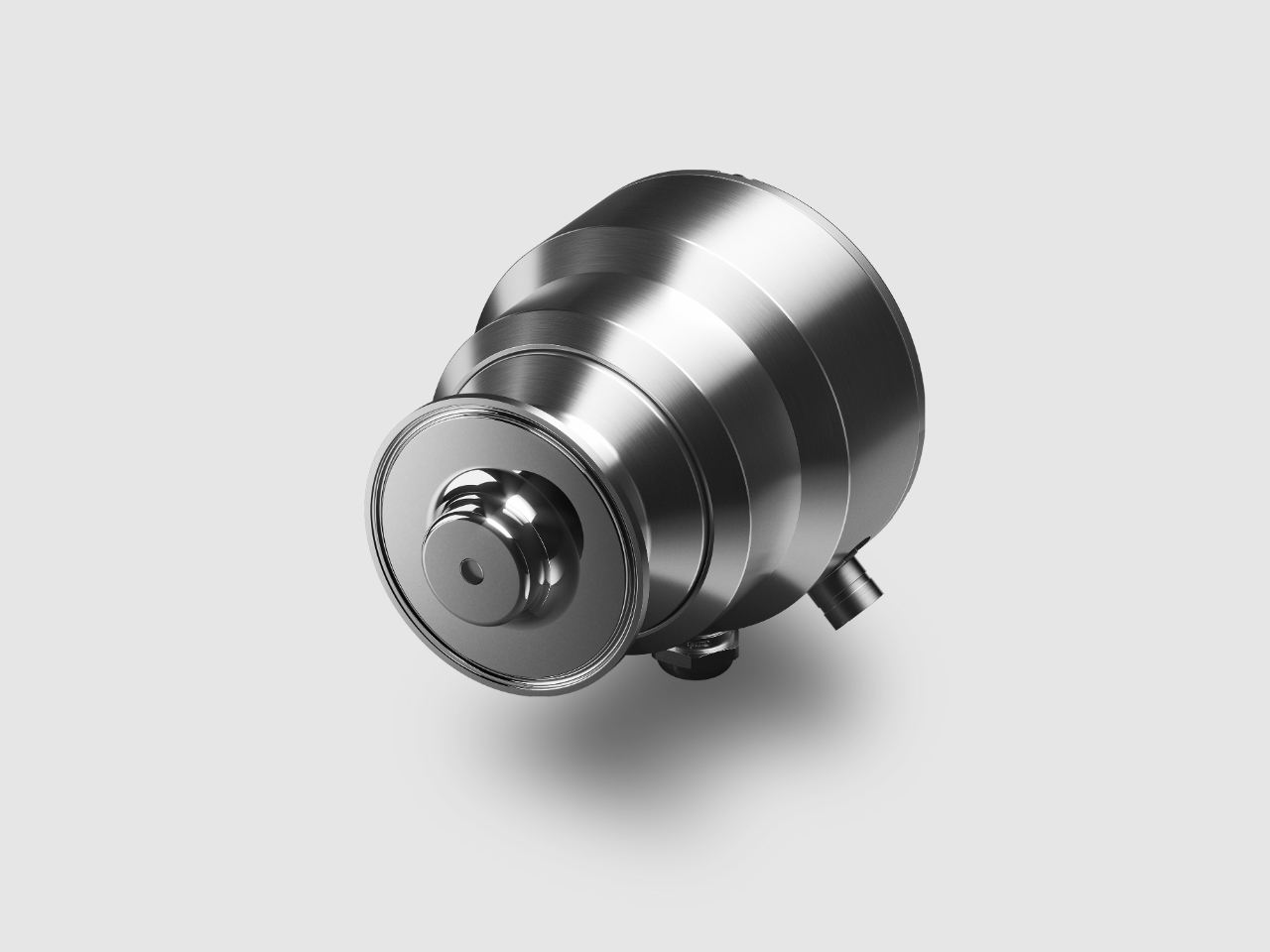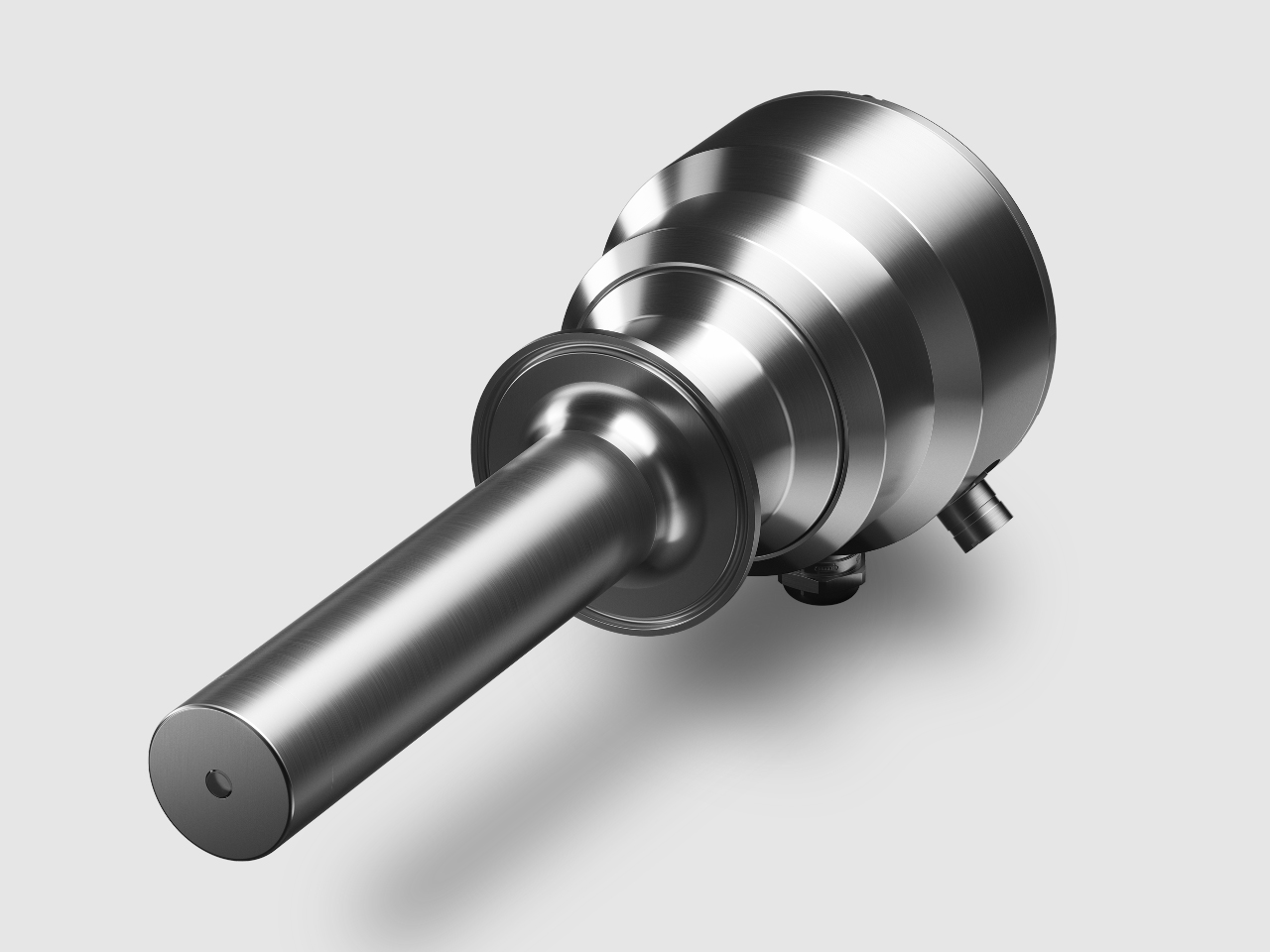Advanced applications and data accuracy in process refractometers
Welcome to our final installment in a series of three Q&A blogs from our webinar: "Unlocking Efficiency: Refractive Index Insights for Chemical Industry Concentration Applications."
The first two blogs in this series:
- Prism wash systems and refractometers in chemical applications
- Unlocking Efficiency in Sulfuric Acid Applications: Expert Insights
In this blog, Vaisala’s Kevin Green and Rocky Mountain Instrumentation’s Dave Lobach will discuss several advanced applications that benefit from refractive index measurements, as well as the accuracy of process refractometers.
Question: How can refractive index optimize paper industry recovery processes?
Answer: In the paper industry, refractometers are crucial for maintaining the concentration of black liquor within safe limits. Typically, black liquor concentrations range from 60-80%. Vaisala refractometers are designed to meet BLRBAC standards and have widespread installations globally, ensuring safe and efficient operations.
Question: How is refractive index used in pharmaceutical research, development, or manufacturing?
Answer: Refractometers are extensively used in the pharmaceutical and life sciences industries. They monitor the manufacturing of alcohol, IV solutions, plasma, fermentation processes, and various precursor chemicals. Refractometers are installed in various stages of production where efficiency and quality control are important. Whether monitoring the refractive index of products or ensuring optimal process conditions, refractometers play a vital role. For specific applications, it is recommended to contact your local Vaisala Regional Manager to discuss your needs in detail. You can find more information here.
Question: Can the Vaisala refractometer materials withstand aggressive chemicals over time?
Answer: Vaisala ensures that all new applications undergo a rigorous analysis before manufacturing. This scrutiny guarantees that the wetted materials used in refractometers can withstand aggressive chemicals over time. For specific requirements, consulting with a regional manager can provide the necessary guidance and support.
Question: What level of turbidity affects the Vaisala refractometer?
Answer: Turbidity, which measures the presence of solids, does not affect refractometer measurements. Refractometers specifically measure the concentration of dissolved solids, making them reliable for various applications without interference from turbidity.
Question: How would one apply refractive index measurements in chloralkaline sector?
Answer: In the chloralkaline sector, Vaisala refractometers can be installed at various critical points, such as the feed to the electrolytic cell, brine recirculation line, hydrochloric acid line to storage, and before and after evaporators. These installations help monitor concentrations accurately, ensuring efficient and safe operations.
There are several different units of measure that can used to indicate the concentration of a process such as centipoises, Brix, viscosity, Baume, etc. These can be temperature corrected and directly corelated to refractive index. These engineering units can be inputted into the refractometer transmitter so that the refractive index is displayed in familiar process values. We have an application note on Chlor-Alkali processes.
Question: What is the accuracy of Vaisala refractometers?
Answer: The accuracy of Vaisala refractometers is notable, with a precision of ±0.00014 nD (0.1 °Bx) and repeatability of ±0.00002 nD. This high level of accuracy is essential for maintaining quality control and optimizing production processes across different industries. You can learn more about the refractometers in this FAQ.
Question: What about CRN Approval for Vaisala Refractometers?
Answer: For non-water liquids over 15PSI, CRN approval is mandatory, especially for hazardous substances like sulfuric acid. All Vaisala refractometers have CRN approval, adhering to stringent safety and regulatory standards, ensuring they can be safely installed in demanding environments.
Question: Are there refractive index uses at chemical plant terminals?
Answer: Vaisala refractometers are applicable in terminal operations for monitoring stored or transported products. Understanding the specific type of terminal application is crucial for providing tailored solutions and ensuring optimal performance. We have an application note on this topic: “Real-time chemical identification and interface detection in loading and unloading operations.”
Question: How do we justify refractive index measurements in chemical applications if there are cheaper measurement methods available?
Answer: Although high performance in-line process refractometers can be more expensive than traditional instruments like pH and conductivity sensors, their benefits often justify the investment. Refractometers offer superior performance in high-temperature and high-pressure applications, enhance quality control, and reduce process upsets. These advantages, combined with their ability to complement existing technologies, make them a valuable addition to any industrial setup.
Reach out to us to learn more about how refractive index measurements can improve your processes in multiple industrial applications.





Add new comment